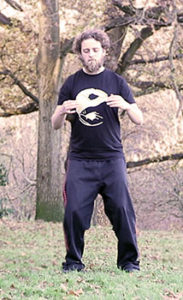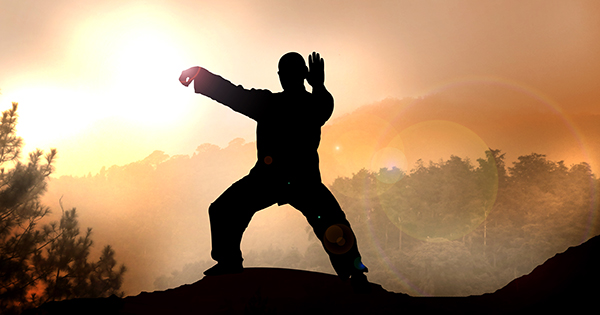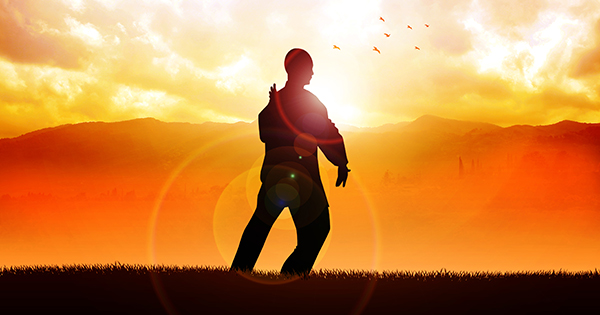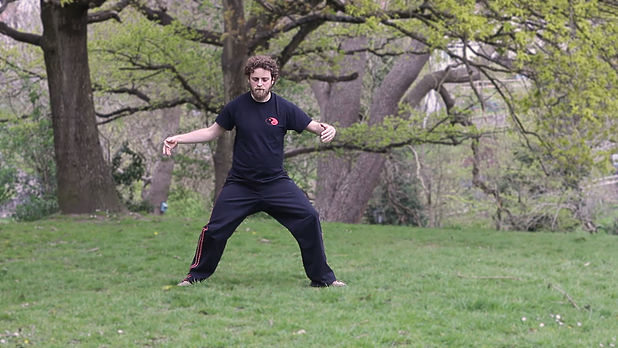The article Are You Comfortable? is reprinted on Slanted Flying website with the permission of the author Sam Langley from his personal Blog.
In the modern world we try to avoid pain and discomfort at all costs. If I get a headache the easiest thing to do is take a paracetamol, if it’s cold I can turn on the central heating.
It is my opinion that pain and discomfort should be listened to and not anaesthetized. If I take painkillers when I’m hungover I may be avoiding a valuable lesson in alcohol moderation!
 Very often things that are uncomfortable are beneficial. Exposure to the cold has been shown to be very good for your health. Inspired by Wim Hoff ‘The Iceman’ I began taking cold showers every morning. This was definitely not an easy thing to do in the middle of winter! Cold showers are initially extremely uncomfortable but you feel absolutely amazing afterwards.
Very often things that are uncomfortable are beneficial. Exposure to the cold has been shown to be very good for your health. Inspired by Wim Hoff ‘The Iceman’ I began taking cold showers every morning. This was definitely not an easy thing to do in the middle of winter! Cold showers are initially extremely uncomfortable but you feel absolutely amazing afterwards.
Similarly, Tai Chi practice brings us face to face with discomfort. This is probably the reason that 99% of people quit after a few lessons. I believe that one of the great benefits of regular Tai Chi training is that you learn to become comfortable with discomfort. Beginners tend to find the standing qigong particularly hard. If they persevere for a year or two however it gets easier. It’s not necessarily that the legs stop burning but that the mind gets calmer.
Gradually you notice that, more and more, you can maintain a feeling of calm composure when things get difficult. It is my contention, based only on experience, that Tai Chi practice and standing in particular has a profound effect on the fight or flight response of our primitive mind. This has obvious martial implications but also makes all your relationships easier.
To me, discomfort is something to be faced and experienced fully. It’s not just that you’ll often gain great benefits from arduous activities and I’m not a masochist by any stretch of the imagination, it’s more that pain is the easiest way to be present in the here and now. It is never my intention to put people off Tai Chi by mentioning the pain and difficulty but it should be clear that only by experiencing them will one really get somewhere with it. Once again however what we’re really training in this respect is the mind. Things are difficult because we say they are. From this perspective Tai Chi isn’t difficult at all. The way I approach practice is in a relaxed and perhaps nonchalant manner. It’s not a competition, you can do as much or as little as you are able to, have fun! It’s enjoyable, all of it…. even the pain!




